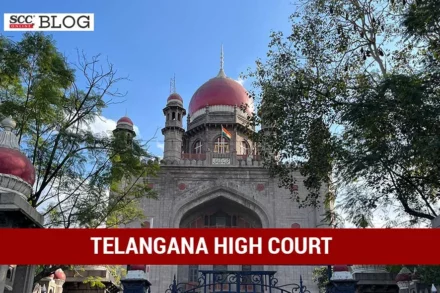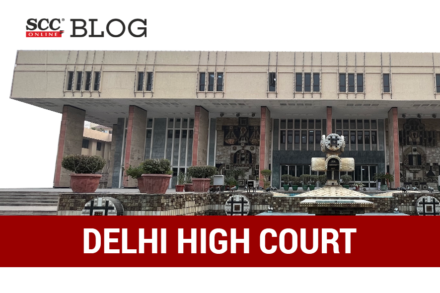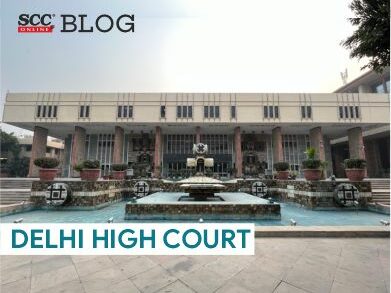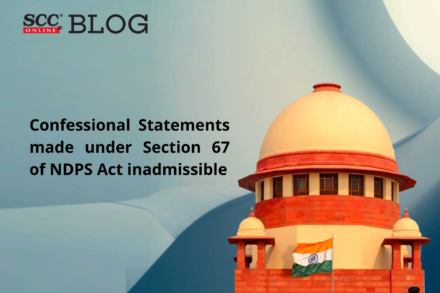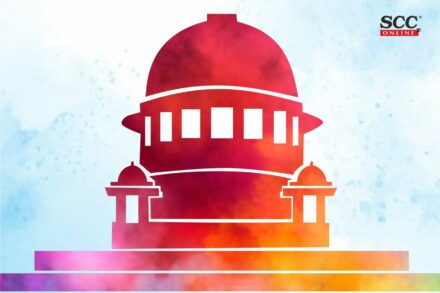
Arbitration award cannot be set aside on erroneous application of law unless it is patently illegal: Allahabad High Court reiterates
“The award is not required to be set aside until and unless it is vitiated by “patent illegality” appearing on the face of the record with a caveat that the award should not be set aside merely on the ground of erroneous application of law or by appreciation of evidence.”


